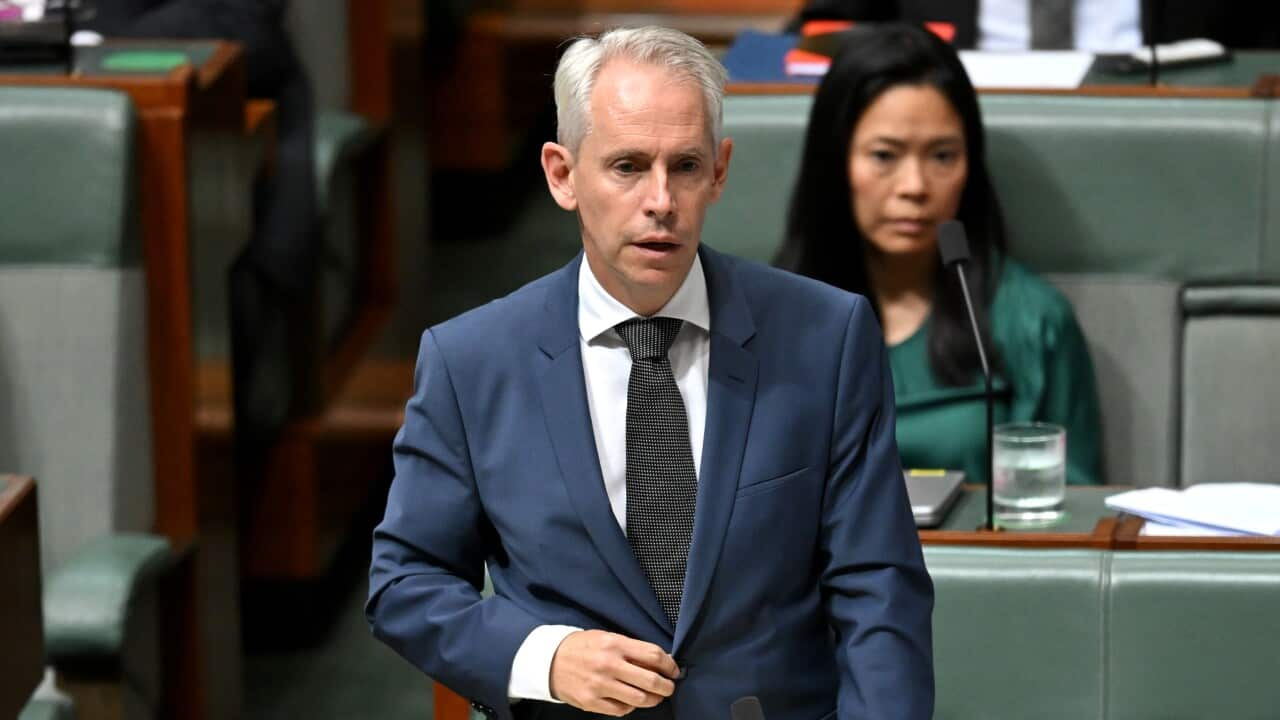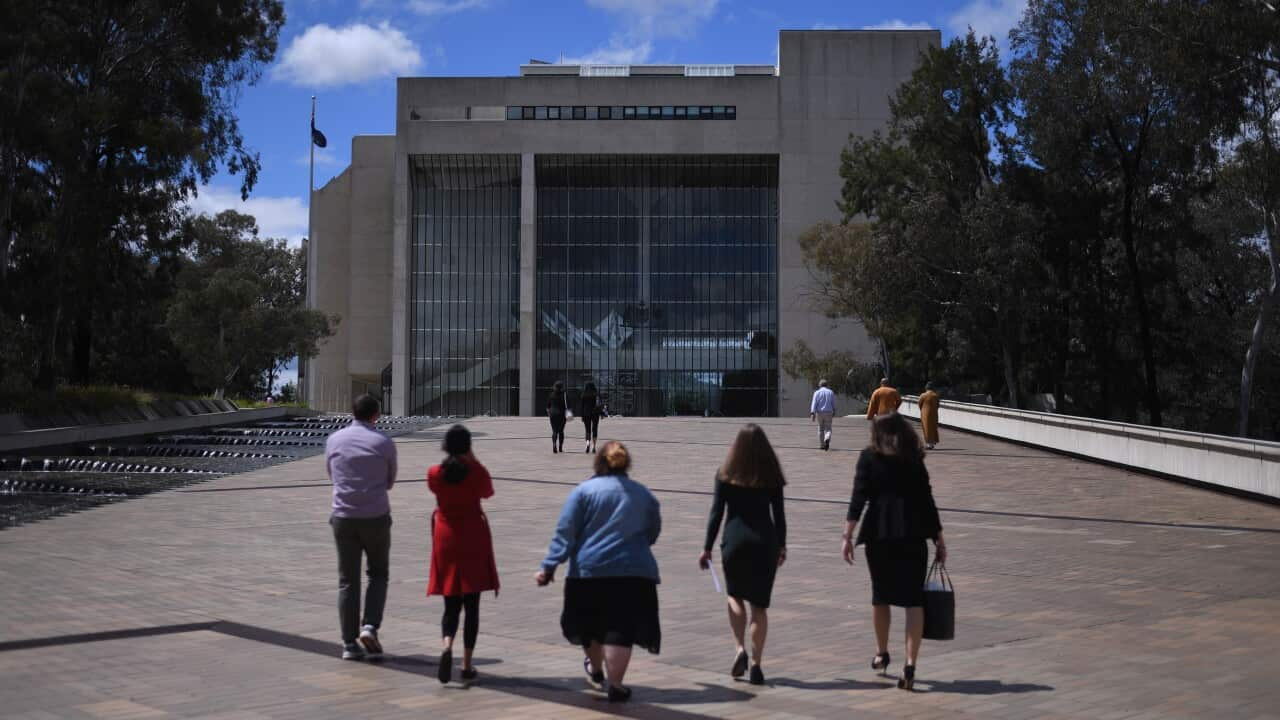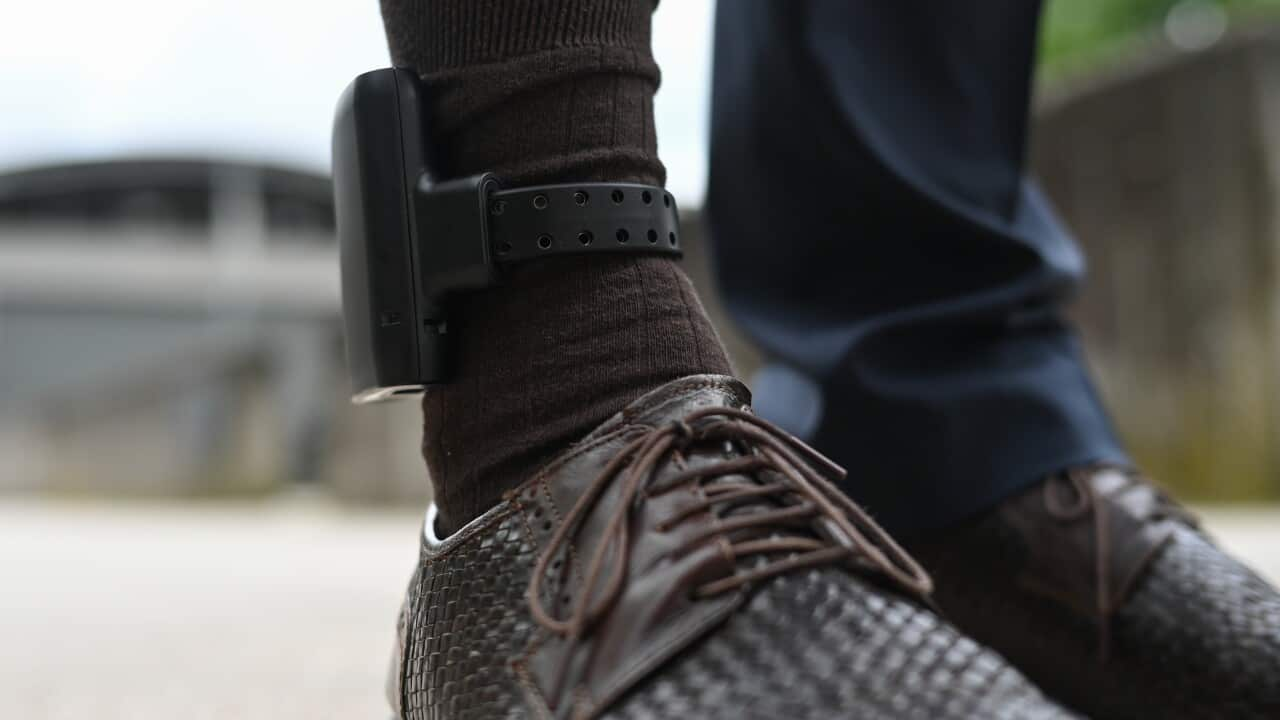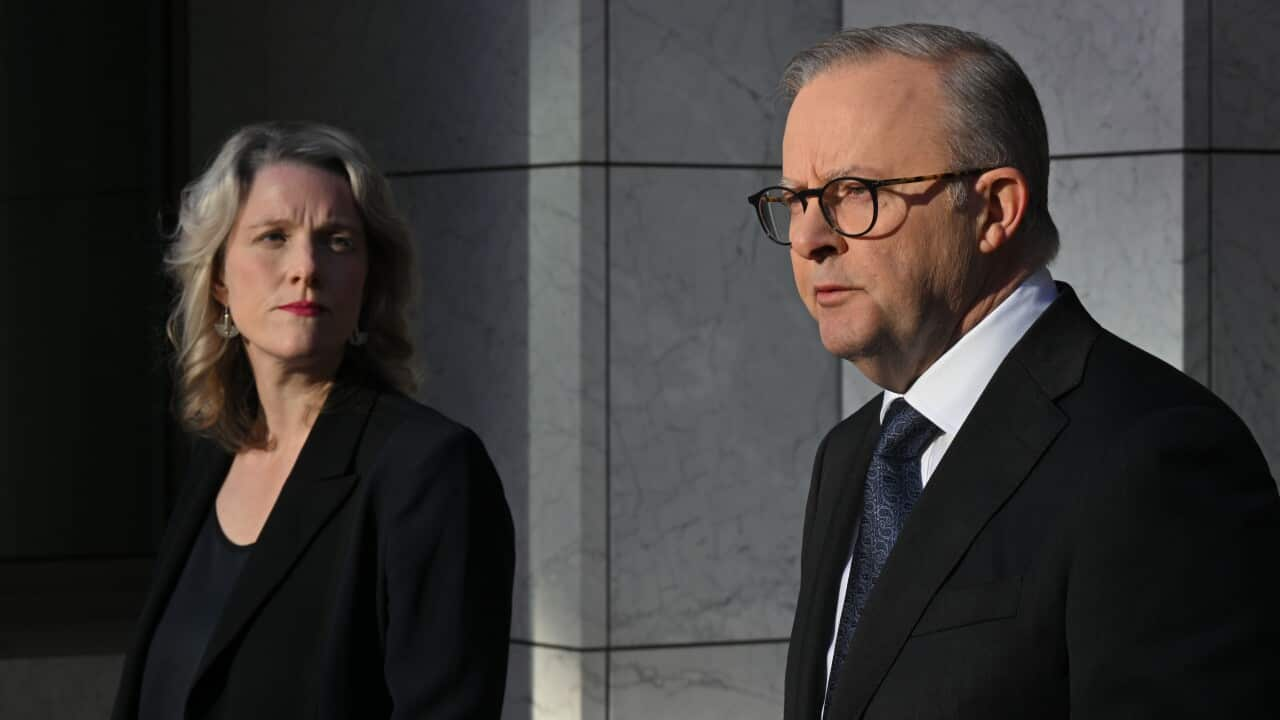The federal government says "technical issues" resulted in invalid visas being issued to 148 people released from indefinite immigration detention.
The visa error also may mean several detainees who allegedly breached visa conditions could now have cases against them dropped.
Here's what you need to know.
Why have new visas been issued?
The government said there was a technical inconsistency in migration regulations and how they apply to the Bridging (Removal Pending) - BVR - visas issued to the group of people released from indefinite immigration detention.
The inconsistency dates back to 2013 when the visa was created, and rendered the BVR visa issued to the NZYQ group invalid.
149 people were released in the grouping and 148 are known to have been on visas that were invalid due to this inconsistency in law. One person had a valid visa.
The 148 people with invalid visas have had their visas re-issued, with strict conditions attached.
Immigration Minister Andrew Giles said the government was focused on community safety.
"This has not affected the constant supervision and constant monitoring of everyone who was required to be released in this cohort because community safety has been our absolute focus throughout," he said on Wednesday.
"Community safety, working with our law enforcement officers, working with the Border Force, the Australian Federal Police and the state and territory police forces, [are] focusing on doing all we can, adhering to the law, to keep the community safe."
Why were the people released from detention?
In November, Australia's High Court made a landmark decision, which found indefinite immigration detention was illegal.
The ruling covers those who are stateless, those who are owed protection and those who cannot be removed due to a practical barrier — including criminals whose countries will not accept them.
As a result, the government had to release detainees into the community almost instantly, including some who had been convicted of serious offences.
In response,, which imposed conditions on former detainees such as ankle-tracking devices and curfews.
The High Court decision came after lawyers for a detained Rohingya man from Myanmar, referred to by the pseudonym NZYQ, argued the 20-year-old ruling was wrongly decided.
The government is not free to detain non-citizens at will, or to create another punitive detention regime to replace the one that was struck down.
What has the Opposition said?
The federal Opposition has criticised the government's handling of the issue.
"This has been a bungle from go to woe," Opposition finance spokesperson Jane Hume told ABC News Breakfast.
"If you can fix these visas through something as simple as ministerial regulation, well, surely there wasn't a problem with the visas in the first place."
She also described Giles' position as 'untenable' and claimed the visa issue had been known about since December.
Opposition Treasury spokesperson Angus Taylor accused the government and Giles of "breathtaking incompetence".
"They bungled the visas for these detainees, 10 of them breached their visa conditions, and they weren't able to re-detain them," he said.
"This is breathtaking incompetence."
What happens next?
Ten people had been charged with 'Migration Act offences', related to breaches of their (invalid) BVR conditions.
Speaking to ABC radio, Giles said the visa issue would "only affect the issues that relate to breaches of the visa, not any offences committed under state and territory laws".
"Any matter relating to the laying of charges or going to prosecution is a matter for the relevant law enforcement body, not a matter for government," he said.
"But it is the case that these visa issues only relate to the visa conditions and breaches relating from them."
Giles said there has been no change to the strict monitoring arrangements.
What do human rights advocates say?
Advocates in human rights and refugee spaces have supported the High Court decision, and have pointed out that some of the people covered by the ruling had already served sentences, while others had no convictions.
Australian researcher at Human Rights Watch, Annabel Hennessy, said the High Court's decision had confirmed Australia's use of immigration detention was unlawful.
"What has been described as a 'technical mistake' in the issuing of invalid visas to former detainees who were released as a result of the NZYQ decision is symbolic of the wider problem by which the Australian government continues to pursue highly reactive, non-rights respecting immigration detention policies," she said.
Rachel Saravanamuthu, senior solicitor at the Asylum Seeker Resource Centre, said "unnecessary hysteria" since the High Court decision had a significant impact on people released after "years of trauma" in detention.
"They have been subjected to a scheme of complex and unjust laws which has resulted in people being granted several bridging visas during a few months, often with different onerous conditions," she said.
"This has compounded the stress and confusion for people who are trying to move forward with their lives, reconnect with family and find employment."












